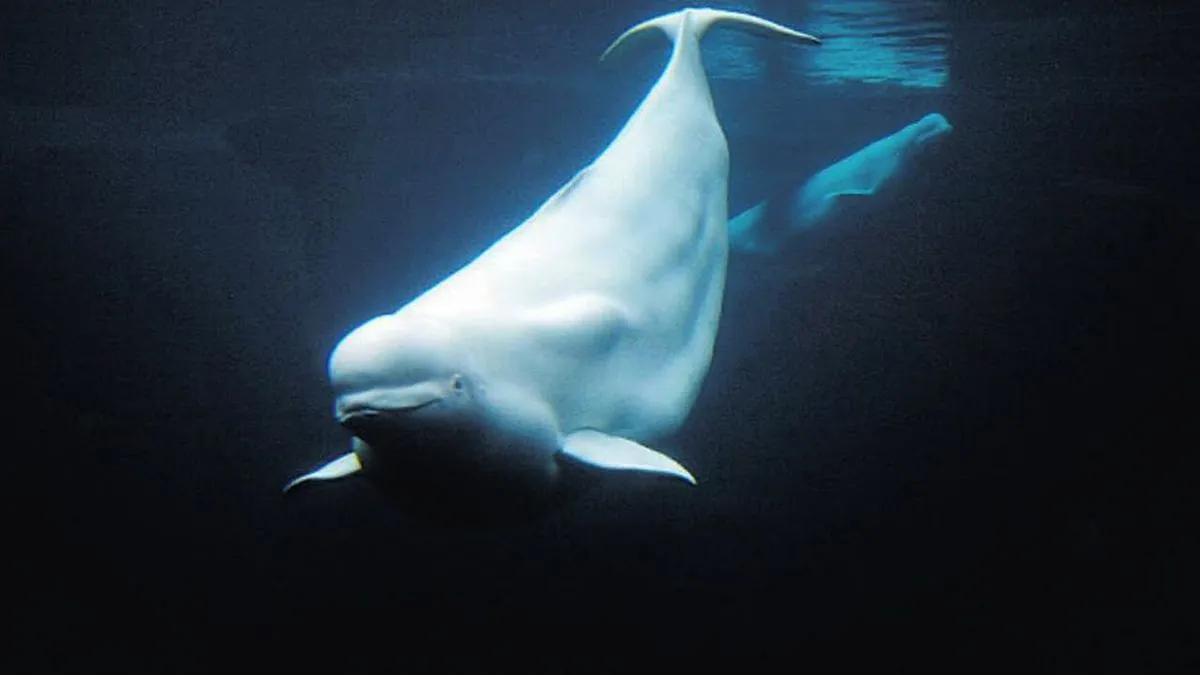Suspected 'Spy Whale' Hvaldimir Found Dead, Foul Play Alleged
Hvaldimir, a beluga whale believed to be a Russian spy, was discovered dead in Norway. Animal rights groups claim intentional killing, while officials await autopsy results.

In a startling development, Hvaldimir, the beluga whale suspected of being a Russian spy, has been found dead in the harbor of Stavanger, Norway. The incident has sparked controversy and raised questions about the circumstances surrounding the whale's demise.
Hvaldimir first captured public attention in 2019 when fishermen spotted him near the Arctic city of Hammerfest. The whale's harness, bearing the inscription "Equipment St. Petersburg," fueled speculation about his potential role as a "spy whale" trained by Russia. Beluga whales, known for their intelligence and adaptability, have been used in military programs by various countries, including Russia and the United States.
Two animal rights organizations, OneWhale and NOAH, have filed a police report alleging that Hvaldimir was intentionally killed by gunfire. The groups claim to have photographic evidence showing apparent injuries consistent with gunshot wounds. However, officials have stated that a definitive assessment from the autopsy could take up to three weeks.
"The whale knew and loved was a strong, capable and energetic animal yet so gentle, with a sweet and cheeky personality. It felt like my heart had fallen into my stomach. The pain of losing him to a senseless killing is an anguish which, right now, feels impossible to fix."
The Norwegian Directorate of Fisheries has ordered an autopsy to determine the cause of death. The Norwegian Veterinary Institute, responsible for conducting the examination, has stated that they will involve the police if any suspicious findings are uncovered during the process.
Beluga whales, known for their distinctive white color and bulbous forehead, are highly social animals often living in pods of up to 100 individuals. They are primarily found in Arctic and sub-Arctic waters and can dive to depths of up to 1,000 meters. These intelligent creatures have a varied diet, including fish, squid, and crustaceans, and are known for their wide range of vocalizations, earning them the nickname "sea canaries."

The global population of beluga whales is estimated to be around 150,000, and they are considered near threatened by the IUCN Red List. These remarkable animals have a lifespan of 35-50 years in the wild and possess unique abilities, such as swimming backwards and mimicking human speech patterns.
As the investigation into Hvaldimir's death continues, the incident has reignited discussions about the ethical implications of using marine mammals for military purposes and the importance of protecting these intelligent and vulnerable creatures in their natural habitats.


































